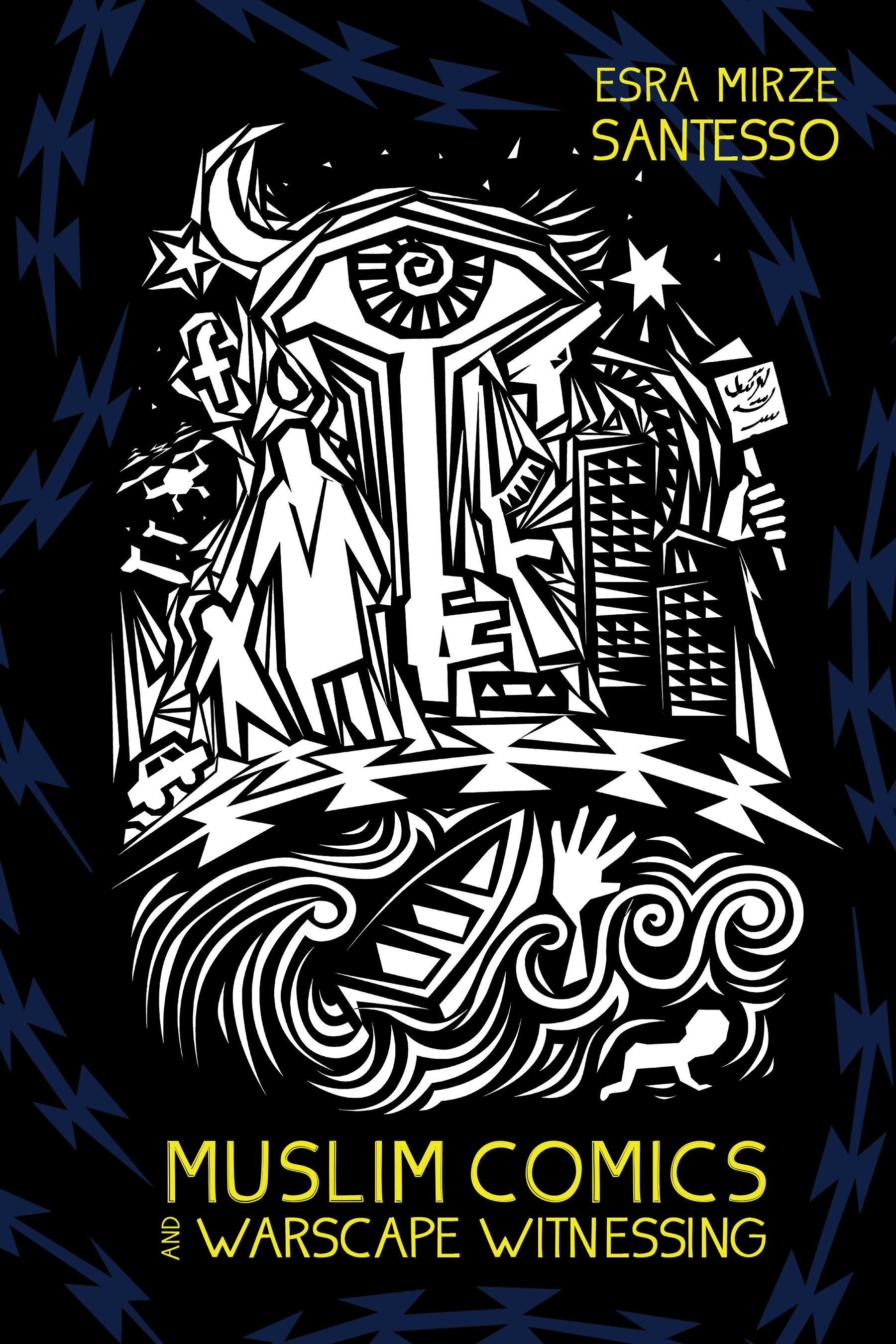“Djohar expertly positions underrepresented Muslimah voices at the heart of contemporary discussions on representation, diaspora, migration, and the challenges of anti-Muslim racism. Rewriting Islam makes a vital contribution to the ongoing dialogue about the intersection of literature, identity, and societal issues.” —Danielle Haque, author of Interrogating Secularism: Race and Religion in Arab Transnational Art and Literature
“Rewriting Islam offers deep insights into the role played by Muslimah in consciousness-raising. By centering stories of Muslimah with transnational vantagepoints—Syrian American, Palestinian-Egyptian American, Moroccan American, and others—Djohar knits the concept of Muslim sisterhood around the globe.” —Humaira Riaz, author of Unfolding Islamophobic Racism in American Fiction
In Rewriting Islam, Hasnul Insani Djohar examines how women writers of the Ummah, or Muslim religious community, portray Muslim women fighting for gender and social justice while living as minorities in prosperous countries. Focusing on the body of Muslimah writing that has emerged since the US invasion of Iraq in 2003, Djohar considers fiction such as Mohja Kahf’s The Girl in the Tangerine Scarf, Randa Jarrar’s A Map of Home, Laila Lalami’s Hope and Other Dangerous Pursuits, and G. Willow Wilson’s Alif the Unseen. Djohar also examines poetry, memoirs, and short stories. Together, these works depict the diversity of Muslimah identities and cultures worldwide. Operating within postcolonial and Islamic studies frameworks, Djohar investigates how these writers contribute to larger debates around gender and globalization—including justice for immigrants and refugees, who are often blamed for social problems rather than recognized as victims of US imperialism and transnational capitalist globalization. By way of close readings and careful attention to historical, cultural, and religious contexts, Djohar illuminates how Muslimah American writers decolonize justice and white sovereignty by elevating interconnectedness, spirituality, and sisterhood across diverse communities.

Hasnul Insani Djohar is Senior Lecturer in the Department of English at Universitas Islam Negeri Syarif Hidayatullah. Her research has appeared in many journals, including Journal of Language and Literature and College Literature: A Journal of Critical Literary Studies.
Author photo credit: Zhenxing Zhao
Contents
Preface
Acknowledgments
Introduction Spirituality, Collectivity, and Solidarity or Sisterhood
Chapter 1 Decolonizing the Crossroads of America and the Bildungsroman
Chapter 2 Decolonizing Muslim Cultures and Food Cultures
Chapter 3 Decolonizing Islamic History of Muslimah Leaders
Chapter 4 Decolonizing Collective Trauma
Chapter 5 Decolonizing Collective Justice and Islamic Social Justice
Chapter 6 Decolonizing Immigrant Bodies and Collective Motherlands
Chapter 7 Decolonizing Collective Surveillance and the FBI
Chapter 8 Decolonizing Collective Memories
Conclusion Decolonizing White Supremacy in the Muslim World
Works Cited
Index




